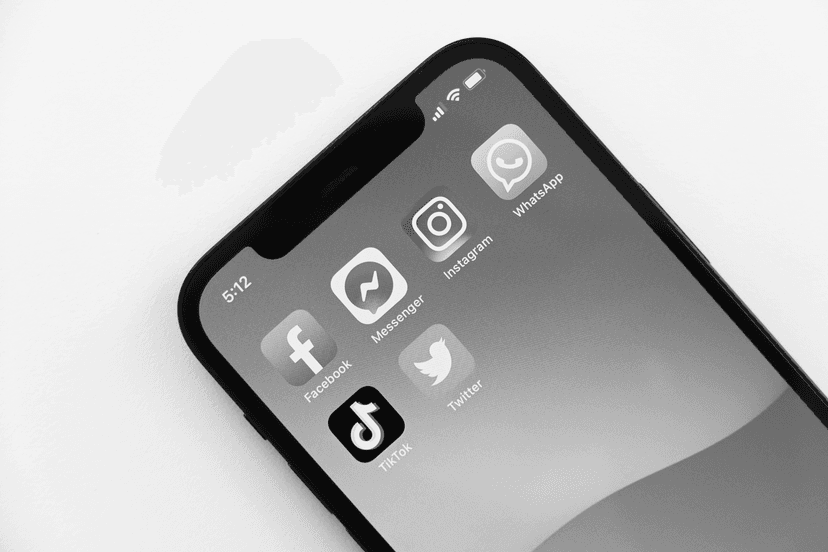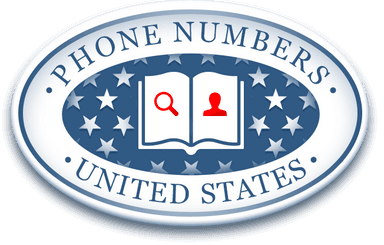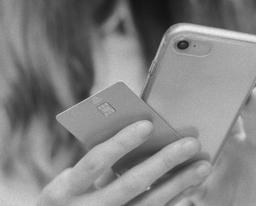9 Ways to maintain your privacy on social media

Nine Ways to Maintain Your Privacy on Social Media
Social media platforms provide a means for people to interact, create, share and exchange information. Platforms like Twitter, Tumblr, Facebook, Telegram, Instagram, LinkedIn, TikTok, and Snapchat have become the preferred way for people to stay connected with friends and family. However, it's important to note that there are several safety concerns worsened by social media posts. There have been many cases of data breaches and thefts perpetuated by criminals who use social media information to blackmail, defraud, or threaten users. Maintaining personal privacy on social media is crucial to reducing possible risks from an active online persona.
How to Maintain Your Privacy on Social Media
If you’re looking for more control of your social media privacy, you can take a few steps to protect yourself. Some common tips include:
Keep Your Profile and Security Settings Up to Date
One of the most important things you can do to protect your privacy on social media is to keep your passwords secure. Also, ensure you keep your profile and security settings up to date and also review them regularly. Periodically changing your passwords is another effective privacy protection strategy. Make sure the password is complex and not the same for multiple accounts. Also, consider signing out of your account when you're done using it.
Use Two-Factor Authentication
Creating a very strong password is essential to protecting your personal information and maintaining your privacy on social media. However, in addition to a strong password, ensure that you apply two-factor authentication (2FA) to all accounts. Using 2FA requires you to enter a security code sent by SMS, email, or voice call, in addition to your username and password. This means that no one can access your account even if they somehow have your password and username.
Watch Out for Phishing Scams
Phishing scams involve scammers sending you messages or emails that resemble legit messages from a reputable sender, such as a job or a friend. These messages usually contain links that direct to a bogus website and ask for specific information. Inputting personal details on a website like this directly transfers the information to cybercriminals. Ensure to verify from senders and double-check all messages before clicking any links. If you are unsure, do not click.
Limit the Amount of Personal Information You Share
Social media users should never forget that the general public gets to see everything posted. Therefore, it's good to be selective about what you post or control who sees your posts.
Use Privacy Settings
By default, most social media sites use public settings, allowing everyone to see all your posts and information. You should take the time to tweak your settings so that your texts, videos, and photos only reach the people you would like to see your content. This only takes a few minutes and largely helps you maintain your privacy on social media.
Control Information About Your Location
You should not post details of your location on social media as it endangers you and your loved ones. Sharing location details is like announcing to the world that you’re at a specific place. Criminals can easily trace you to the location or zero in on your itinerary using posts like that. Keep your location details private and only share with trusted people.
Filter Friend Requests
Don't be too quick to accept every friend request or follow everyone who follows you. You should take some time to review the profiles of people following or sending friend requests before reciprocating the gesture. If they don’t have public information, that might be a red flag.
Another way to get a sense of whether or not someone is trustworthy is to look at their friends or followers. Are there many random people, or does it look like they're connected with people you know? In most cases, the latter is likely safer than the former.
Be Aware of Your Digital Footprint
You might not think about it, but everything you post on social media, including pictures and location, leaves a digital footprint that can be traced back to you. Therefore, it's important to know what you're sharing and who can see it. If you fail to properly manage your posts, scammers can use them to impersonate you and defraud people.
Think Before You Post
It’s important to think about everything before you post. Are you comfortable with everyone seeing your post? Since your social media profile is a direct reflection of you, it is good to present yourself in the best light possible.
Staying Private Online
Keeping your social media accounts active while maintaining your privacy is easy. In addition to all the steps above, consider being cautious about your online activity by default. If you think something should not be out there, consider keeping it private instead of sharing it.


